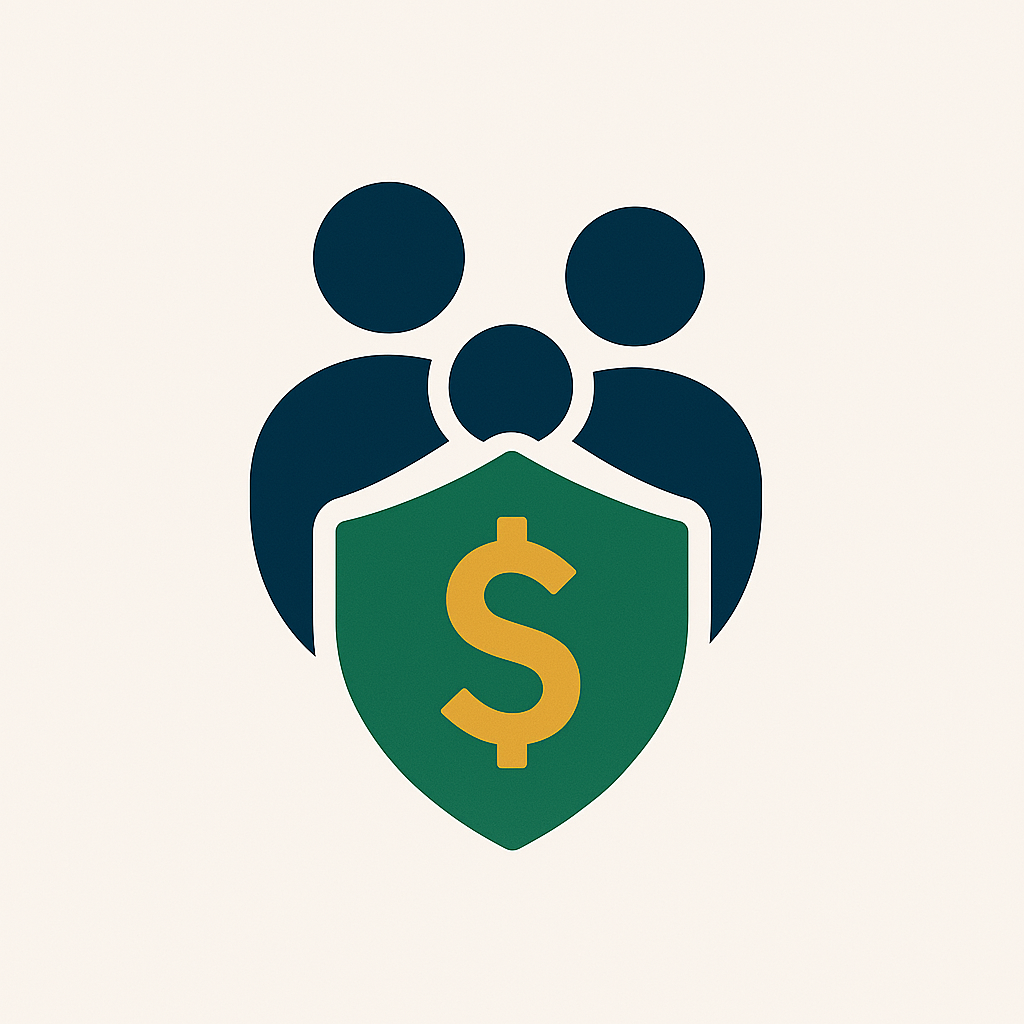The End of Being a SAHD: A Look into the Future of Family Roles
The term “stay-at-home parent” (SAHD) has become synonymous with the traditional model of parenting. But is this the future we want for our families? With a changing world and evolving societal norms, is there a better way to describe the roles and responsibilities of parents?
The Rise of the Nannies and Au Pairs:
The traditional SAHD role has been challenged by the emergence of nannies and au pairs. These professionals offer childcare services in the home, allowing parents to pursue work or other pursuits. This trend highlights a shift towards a more flexible and fluid approach to parenting.
The Changing Face of Family Roles:
As societies become more diverse and families take on different forms, the traditional SAHD model is crumbling. This reflects a shift towards a more inclusive and welcoming approach to parenting. More and more families are choosing alternative models, including:
* Shared parenting: Parents split responsibilities between work and childcare, allowing both parents to participate equally in their children’s lives.
* Part-time SAHDs: This option allows parents to combine childcare with other work or personal pursuits.
* Grandparents stepping in: Many grandparents are actively involved in raising their grandchildren, offering valuable companionship and support.
Beyond the SAHD Label:
It’s important to move beyond the SAHD label and recognize that there are diverse and fulfilling ways to parent. These days, parents can choose the path that best suits their needs and family dynamics.
The Importance of Open Communication:
For healthy family relationships, open and honest communication between parents is crucial. It allows everyone to understand each other’s roles and expectations, fostering a supportive environment for children.
The Takeaway:
The future of family roles is fluid and multifaceted. While the SAHD model may have had its roots in traditional norms, it’s evolving to accommodate the changing needs and aspirations of modern families. By embracing alternative approaches, we can create a more inclusive and fulfilling experience for everyone involved in raising our children.
Join the Conversation:
What are your thoughts on the SAHD model? Have you ever tried alternative parenting approaches? What are your experiences and insights to share? Let’s continue the conversation in the comments below.

Leave a Reply